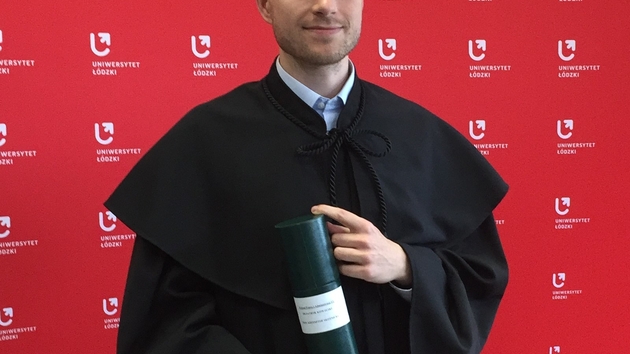A dissenting opinion is a right of a judge who voted differently during the vote on the judgment than the rest of the adjudicating panel. Such a judge may disclose the above fact by submitting their position in writing together with the justification, which is placed under the judgment.
- Dissenting opinions have many important functions: a guarantee function - they reveal interpretative differences in the application of the law by States-Parties and may affect the quality of its decision-making, an informative function - parties to the proceedings and other entities have the opportunity to become familiar with the arguments contrary to the ruling and the documentary function - they enable the Grand Chamber of the Tribunal to address the arguments expressed in the dissenting opinion while re-examining the case. Despite their important functions, dissenting opinions in this context have not been a subject of wide interest in foreign and Polish legal doctrine so far - explains Dr. P. Kowalski.
And he adds:
- I have adopted one fundamental research goal of a cognitive nature, which is the analysis of the institutions of dissenting opinions in the practice of the Court in tax matters. The results of the research will include: a peer-reviewed publication in English with an international scope, active participation in at least one international scientific conference and submission of applications for funding in national and international institutions.
Moreover, representatives of science, but also law practitioners, in particular judges of administrative courts and professional representatives acting on behalf of individuals before the ECtHR will be potential audience groups interested in the results of the research.
The project title under the Grant for Young Researchers: "Separate opinions in taxation cases of the European Court of Human Rights"
Dr. Patryk Kowalski: PhD degree holder in Law, assistant professor at the Department of Public Finance Law at the Faculty of Law and Administration of the University of Lodz. His scientific interests include: application of tax law by administrative courts, constitutionalisation of financial law, empirical method of researching financial law.
Source: dr Patryk Kowalski, Department of Public Finance Law, Faculty of Law and Administration, UL
Edit: Promotion Centre, UL
Join the DOBRA NAUKA [QUALITY SCIENCE] group on Facebook and share your knowledge!

